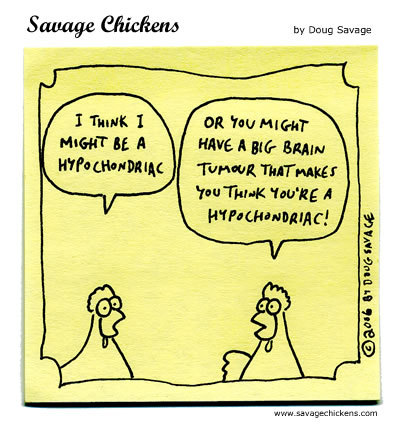Some people always complain of symptoms, claiming that they are sick, while some people never seem to complain even if they have a whole list of symptoms. Why is there a difference in symptom reporting between people? For example, women are more likely to recognise symptoms and report them compared to men. This is because men are generally under the social pressure of needing to appear strong and healthy, so they become stoic and less sensitive to pain and disease. Women are usually more sensitive to internal bodily changes and worry more about their health.
According to a psychological theory called the competition for cues hypothesis, there are two signals that compete for attention when we recognise symptoms. The first is bodily changes, i.e. internal cues, while the other is external stimuli from what happens around us. Awareness of symptoms follows a ratio between these two signals: if there is a strong internal cue such as severe pain, we notice symptoms more quickly, while if there are many distractions, we may not notice the symptom. For example, according to a study people can run faster when listening to music and running through a forest with plenty to see. This is because music and the scenery distract the runner from internal cues. As we can only process a certain amount of information at a given moment, the more distractions there are the less sensitive we become to signals from inside our body.
Another factor that affects symptom reporting is illness labelling. The more information we have about a disease, the more we search for those symptoms. For example, if you yawn or scratch yourself, people around you will do the same. This is because they see you yawning and subconsciously believe that they should yawn too. This can be a powerful effect, as seen in mass hysteria. This strange phenomenon occurs when a person observes a sick person and their brain believes they are sick too, beginning to show symptoms despite being healthy. A similar example is seen in medical student disease, where medical students, with their extensive knowledge of diseases, match their own symptoms to symptom lists of rare diseases. For example, they might think that their high blood pressure is due to a phaeochromocytoma or renal artery stenosis, rather than just hypertension.
However, the opposite can occur where people fail to notice important symptoms and suffer serious consequences as a result. For instance, not all cases of heart attacks (myocardial infarction) cause unconsciousness and a patient may believe they are fine when only chest pain occurs. Failure to get treated as soon as possible at a hospital may result in ventricular fibrillation, leading to sudden death.

